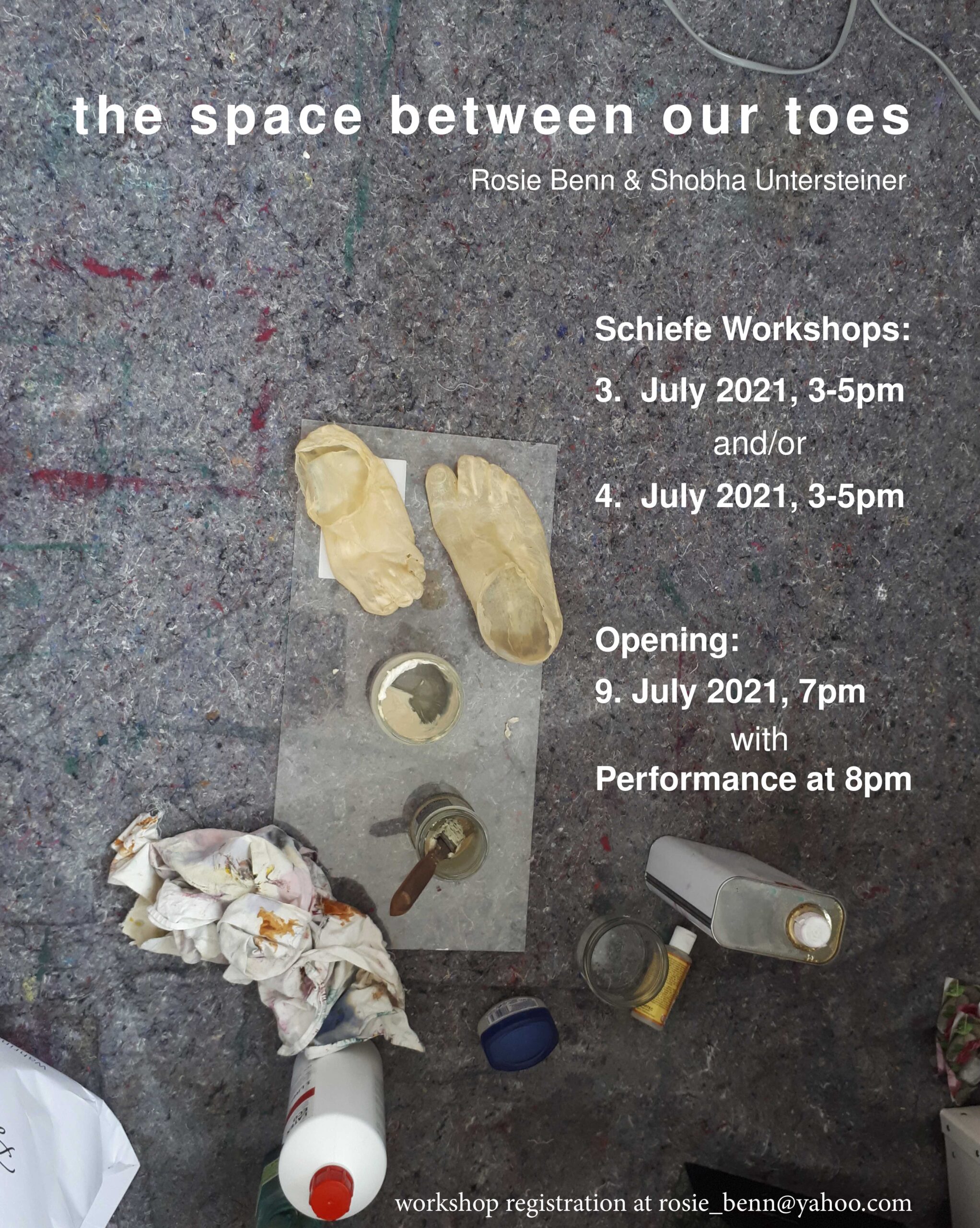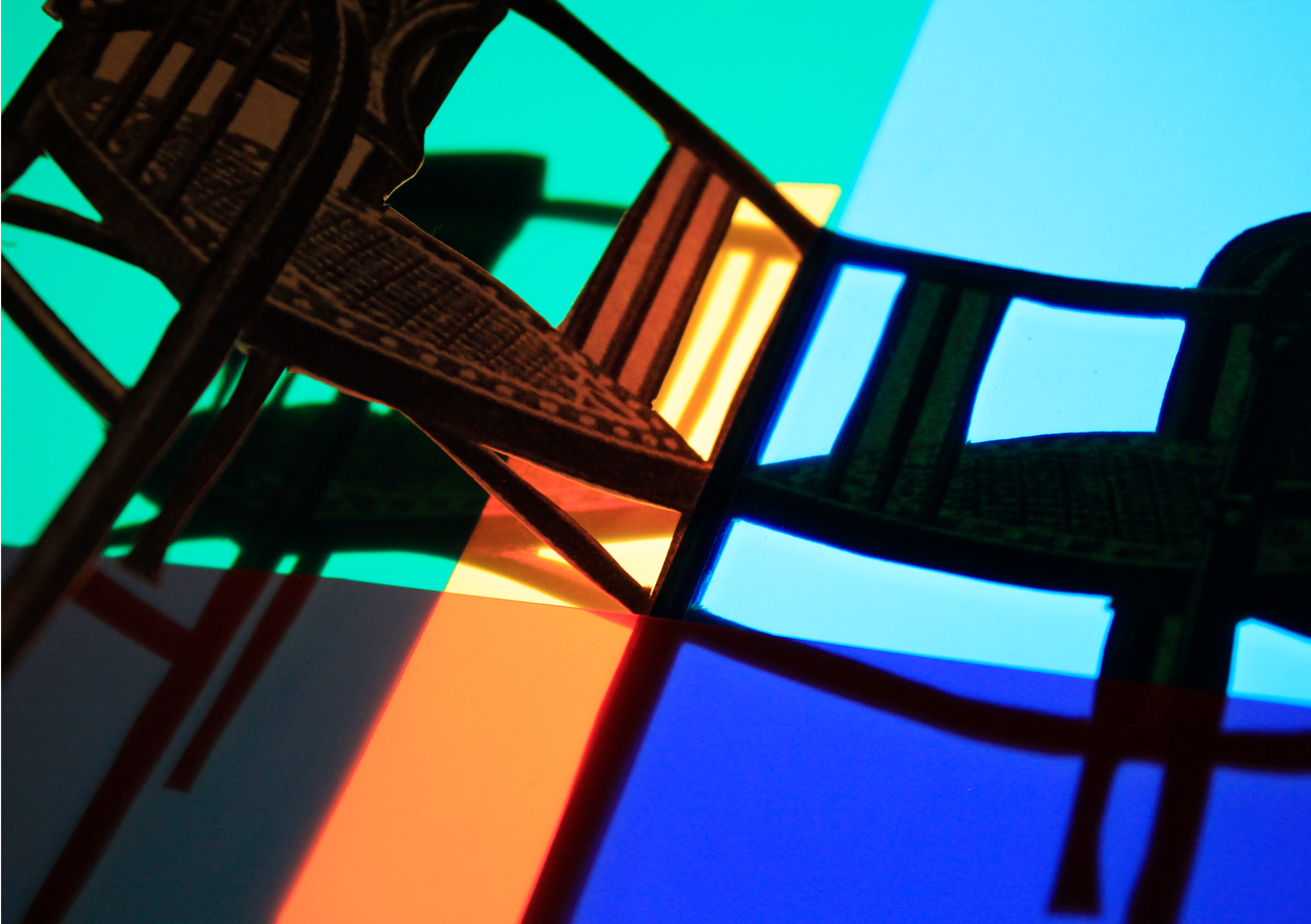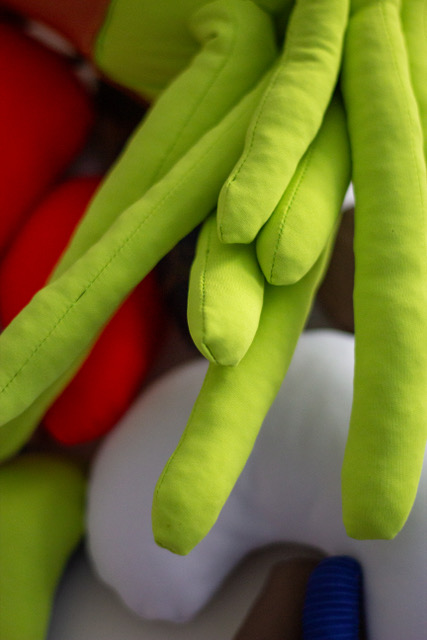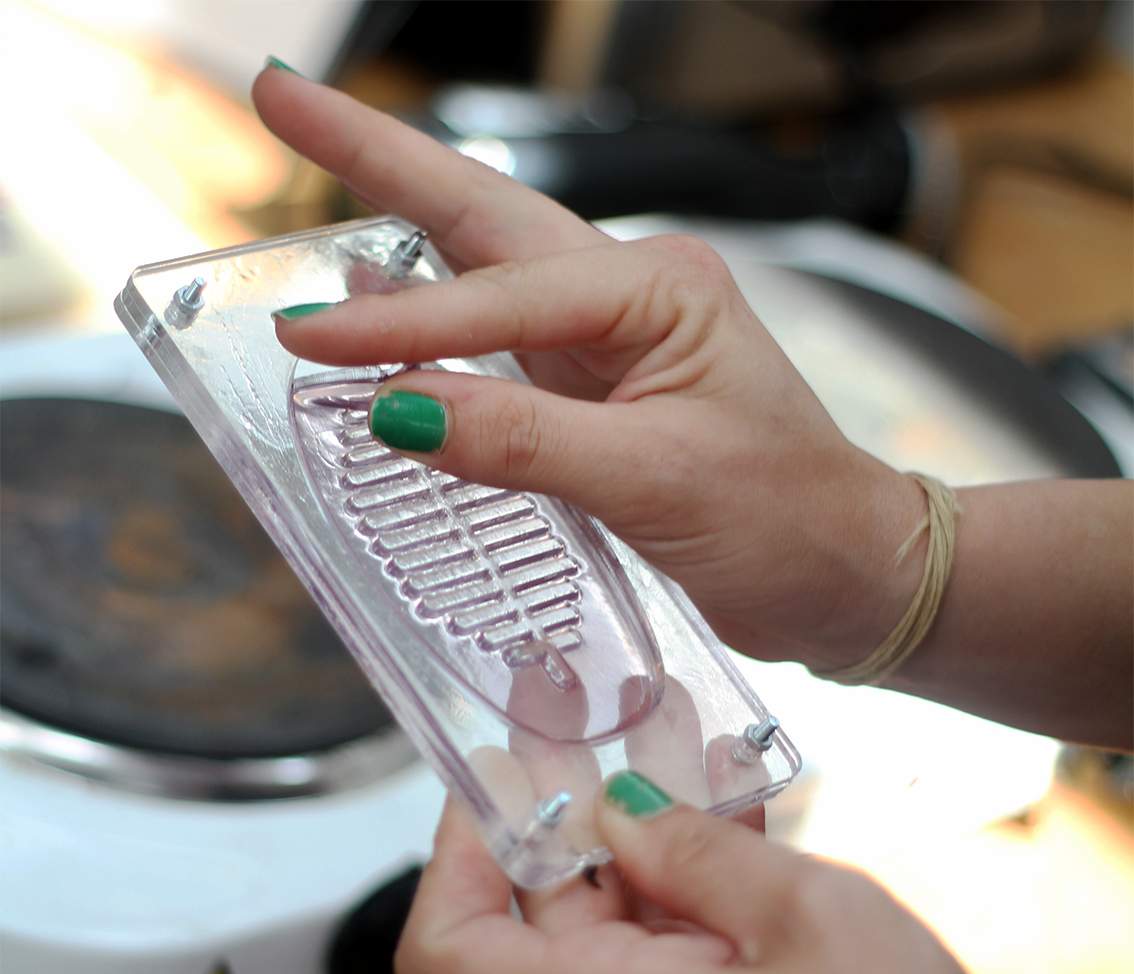/m
Wann: 03. 07. 2021 – 18. 07. 2021
Uhrzeit: 19:00 – 19:00

- This event has passed.
- There were no results found.
‘the space between our toes’
3. July 2021, 19:00–18. July 2021, 19:00
free
Mz* Baltazar’s Laboratory
Jägerstraße 52-54, 1200 Vienna
Schiefe Workshops: An investigative workshop, in which lived experiences can be exchanged as knowledge within an artistic setting.
Saturday 3rd July 2021, 3 p.m. – 5 p.m.
and/or
Sunday 4rd July 2021, 3 p.m. – 5 p.m.
Registration: rosie_benn@yahoo.com
COVID 19: for visits and workshop-attendants:
please adhere to corona measures: come tested or vaccinated
OPENING 9th of July 7 p.m.
Performance at 8 p.m.
Concept by Rosie Benn
with project and conceptual development from Shobha Untersteiner
Feet can be thought of as a person’s foundation. They can create stability, security and autonomy. However, the shoes that we wear and the situations we walk in may also form the shape of our toes under pressure and constraint. This foot therapy appeals to collective practise, and it doesn’t stop with a pedicure. Embracing process and continuing it into the gallery space, as a dialogical meeting point for exchange1. ‘the space between our toes’ draws on both metaphorical and actual connections between the impracticality and instability amongst job sectors, as well as the shoes that are lived in by women*.2 Looking also for alternative modes of being and doing, we turn to Silvia Federici’s proposals of re-enchantment3. Her descriptions of commoning are a point of inspiration for reflecting on and through art process and our everyday life. A semi-starting, rather than an ending point, it’s a go at making remedies for the isolating aspects of making art and living in current structures.
1. Arte Útil `is made with the hope and belief that something may be done better, even when the conditions for it to happen may not be there yet’, Tanja Bruguera <https://www.taniabruguera.
Dialogical aesthetics as coined by Grand Kester identifies, among others, the conversational as a form of art practise, of which can be verbal, contextual and/or situational. See Conversation Pieces – Community and Communication in Modern Art, (University of California Press, 2004). For further expansion on this form, see discursive ethics, as described by Martin Krenn, chapter On the Democratization of Art pp.261-281, within ‘Urban Citizenship’, edited by Martin Krenn, Katharina Morawek, for the Verein the Shedhalle, (VfmK, Verlag fur Moderne Kunst, 2017). <https://www.academia.edu/
2. Studies show that women are still responsible for around 75% of all unpaid domestic work, ‘World Employment Social Outlook Trends for Women, 2018 Global Snapshot’, (International Labour Organization, ((PRODOC) of the ILO, 2018) <https://www.ilo.org/global/
3. `In this context, commons are both objectives and conditions of our everyday life and struggles. In an embryonic form, they represent the social relations we aim to achieve, as well as the means for their construction.’ Silvia Federici, with foreword by Peter Linebaugh, Re-enchanting the World: Feminism and the Politics of the Commons, (PM Press, 2018).











Leave a Reply